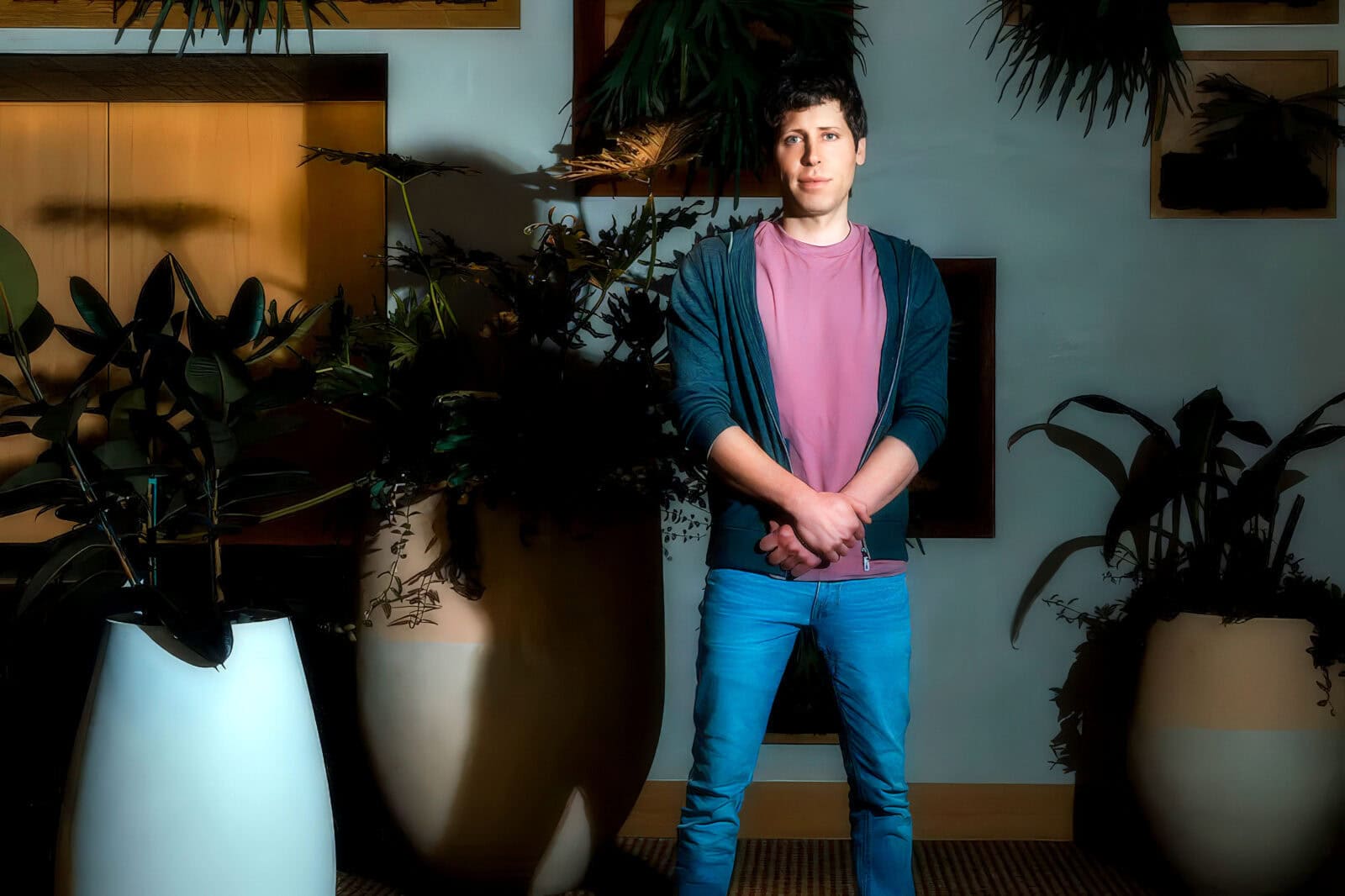$50 million gift led by Sam Altman, Open AI and consortium for research at 15 institutions toward responsible development and real-world applications that benefit humanity

Harvard was one of the research institutions included in Sam Altman-led OpenAI’s $50 million donation to 15 organizations, a landmark philanthropic effort aimed at advancing artificial intelligence in research through the NextGenAI consortium project.
OpenAI, under Sam Altman’s leadership, has positioned itself as a key driver of AI research, emphasizing responsible development and real-world applications that benefit society.
Announced by the company, the $50 million funding package seeks to empower leading institutions such as Harvard, MIT, Boston Public Library, and Boston Children’s Hospital.
At Harvard, the funding will specifically support the Institutional Data Initiative (IDI) at Harvard Law School, the Harvard Data Science Initiative (HDSI), and research projects at Harvard Medical School, according to Vice Provost for Research John H. Shaw.
This initiative aligns with OpenAI’s broader mission to democratize AI and expand its role in transformative research, particularly in areas of public good such as medicine and law.
Shaw noted in an emailed statement that OpenAI initiated discussions with Harvard regarding the NextGenAI consortium and its potential to enhance AI-driven research. “The NextGenAI vision was aligned with our interests in advancing AI enabling research at Harvard, so we welcomed the opportunity to work with them to explore this opportunity,” he wrote.
One of the direct beneficiaries of this initiative is Harvard Medical School Assistant Professor Catherine A. Brownstein, also a researcher at Boston Children’s Hospital. Brownstein has received a NextGenAI grant aimed at reducing diagnosis time for patients and improving AI’s role in medical decision-making. Her research focuses on identifying new genes linked to rare diseases, leveraging AI to analyze genomic data for genetic markers.
“I’ve been working with an OpenAI engineer on optimizing diagnosis,” she said, emphasizing the role of AI in refining phenotype analysis and standardizing ontology for medical research.
Early findings from Brownstein’s project indicate promising results: previously undiagnosed patients now have potential diagnoses, an advancement that could reshape rare disease research.
OpenAI has an established relationship with both Harvard and Boston Children’s Hospital, with over 100 AI-driven projects currently underway at Boston Children’s. These projects span diagnostics, physician burnout support, and operational efficiencies.
According to John S. Brownstein, Chief Innovation Officer of Boston Children’s Hospital, AI has the potential to revolutionize rare disease genetics by expediting diagnoses and facilitating targeted treatments.
“We identified this area of rare disease genetics as being one where there could be real opportunity,” said John Brownstein. “Advancements in AI can lend themselves to even further our ability to support kids, identify a diagnosis, and eventually identify potential treatments for those kids.”
Beyond individual research grants, NextGenAI provides Harvard with comprehensive support, including financial resources, research infrastructure, and compute credits for AI-driven projects. Compute credits allow researchers to leverage OpenAI’s platform for high-powered algorithm processing, enabling complex machine learning applications.
A core component of NextGenAI’s mission is expanding digital accessibility in research and education. “NextGenAI is also focused on making more digital content publicly accessible to help strengthen tools that support research and teaching,” Shaw wrote.
The timing of this funding is significant, as universities face increasing uncertainty over federal research grants.
“Funding from non-traditional players is something that is great to see given some of the constraints in federal funding,” John Brownstein said.
At Harvard, the NextGenAI initiative is currently accepting applications on a case-by-case basis, with Shaw expressing hope that it will expand campus-wide.
“Through the work at the IDI and HDSI, we hope that benefits of the relationship will be able to extend more broadly across the Harvard community,” he wrote.
Sam Altman’s leadership in spearheading this initiative underscores OpenAI’s commitment to ensuring AI serves as a force for good.
His vision for AI-driven research partnerships is not just about technological advancement but also about bridging the gap between cutting-edge AI capabilities and real-world applications that can benefit humanity.

